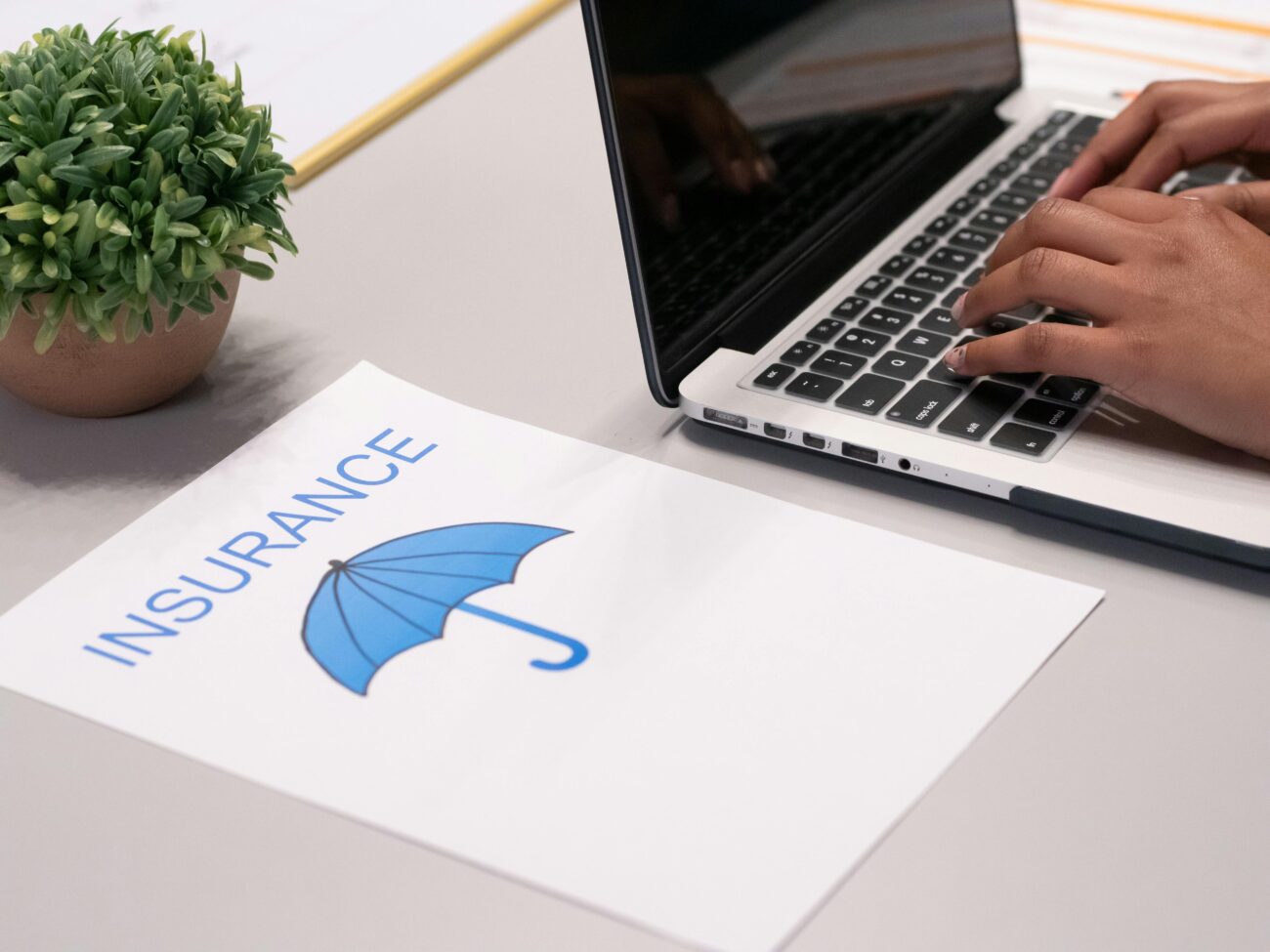If you’re a renter, you might be wondering whether your renters insurance will cover food loss. Whether it’s due to a power outage, a refrigerator breakdown, or damage from a covered peril, food spoilage can become a frustrating issue. Here’s what you need to know to protect yourself and your wallet.
Understanding Renters Insurance
Renters insurance is designed to protect your personal belongings in case of various mishaps. This includes damage from fire, theft, or water damage. But when it comes to food loss, the clarity can be clouded. Here’s how it usually works:
What Does Renters Insurance Typically Cover?
- Personal Property: Coverage for your personal belongings, including furniture and electronics.
- Liability Protection: Covers you if someone is injured in your rental space.
- Additional Living Expenses: Helps pay for temporary housing if your rental becomes uninhabitable.
Food Spoilage Coverage
Most renters insurance policies do not explicitly cover food loss due to spoilage. However, you may still have some protection depending on your policy details:
- Power Outages: If a power outage causes your food to spoil, it may be covered if the outage is caused by a covered peril (like a storm).
- Appliance Breakdown: Coverage for food loss due to a refrigerator or freezer malfunction can vary — check if your policy includes appliance breakdown coverage.
How to Check Your Policy
Before assuming you’re covered for food loss, always read through your policy documents. Look for terms like:
- Personal Property Coverage: See if there’s a specific section addressing food or perishables.
- Special Coverage Options: Some insurers offer additional riders for food spoilage; consider asking your agent about this.
Steps to Take After Food Loss
In case you experience food loss, follow these steps:
- Document Everything: Take photos of spoiled food and note the cause of spoilage.
- Contact Your Insurance Provider: Report the incident promptly to find out if you can file a claim.
- Keep Receipts: Save any receipts related to the food loss, as they may be needed for the claim.
Preventing Food Loss
While you’re figuring out your coverage, consider these tips to minimize food spoilage:
- Maintain Appliances: Regularly check and maintain your refrigerator and freezer.
- Invest in a Cooler: Keep a portable cooler handy for unexpected power outages.
- Monitor Power Outages: Stay informed about local power outages and their causes.
Conclusion
While renters insurance generally does not cover food loss, there may be scenarios in which you still have coverage. Understanding the specifics of your policy can help you navigate this issue and prepare for unexpected food spoilage. Always consult with your insurance provider for detailed information regarding your individual policy.
If you need help choosing the right renters insurance or want to ensure you have the best coverage, get in touch with an expert today!
